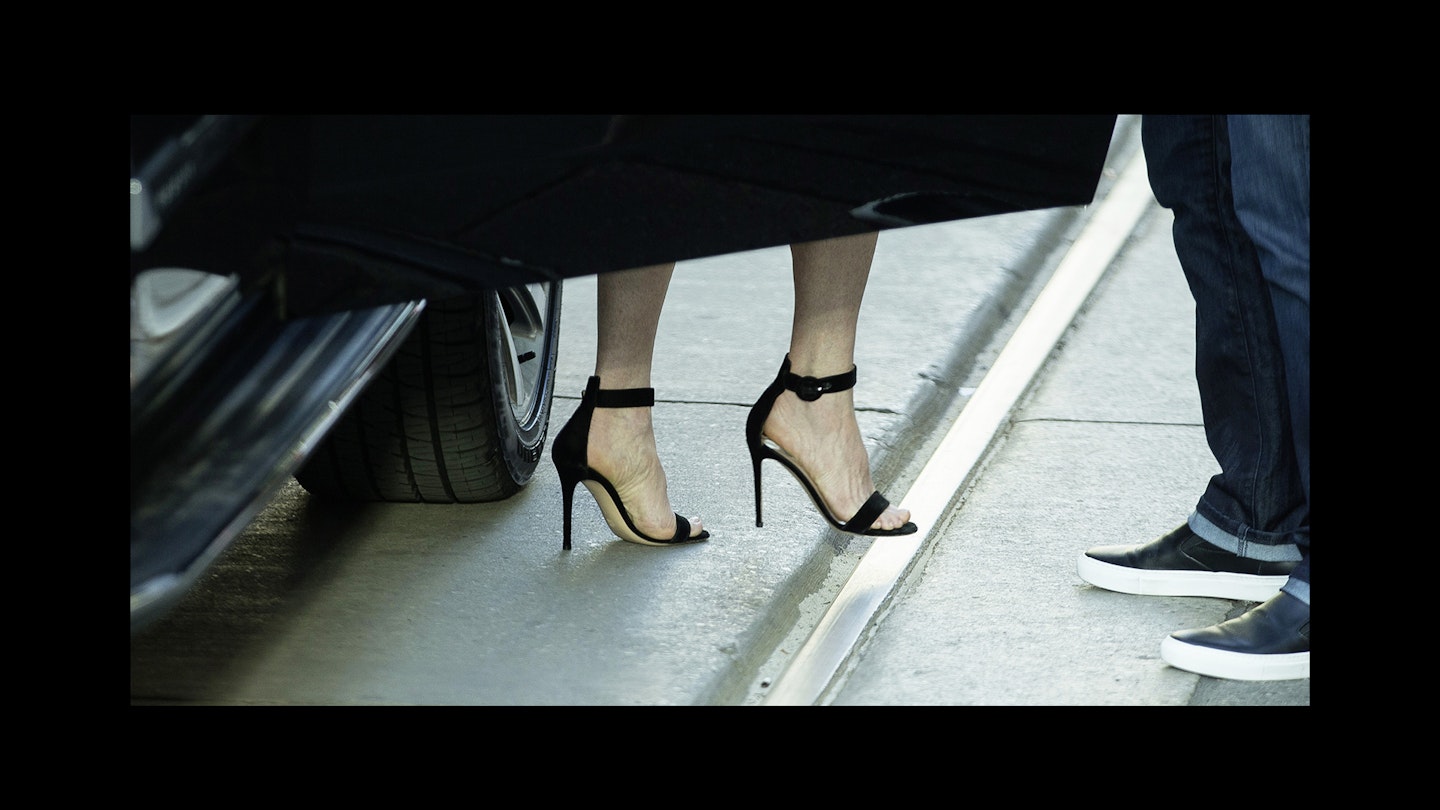Emerging from an SUV with blacked-out windows, a well-known star arrives incognito at a discreet address in Beverly Hills. Hiding behind oversized sunglasses, they’re rushed inside for their latest therapy session – part of the intensive programme of rehab they are undergoing. So far so Hollywood – only, the treatment is not for an addiction like alcohol or drugs, but to repair the damaging effects of fame.
The idea of a treatment centre dealing with both celebrities and civilians, who are struggling to either maintain or chase fame, may sound bizarre. But professionals behind this long-running ‘fame rehab’ programme in LA say its patients have genuinely found fame to be just as destructive as any major addiction. Set up three years ago by psychiatrist and addiction specialist Dr Reef Karim, it is the first clinic of its kind to deal with reality stars whose fame is fading, among other issues. Today, its services are in high demand – and with good reason.
As the funeral of Love Island contestant Mike Thalassitis earlier this month demonstrated, the world of reality TV is under scrutiny as never before, with many stars admitting they’re struggling in today’s always-on social media age. Since the ex-footballer – who found fame in 2017 – tragically took his own life aged just 26, questions have rightly been raised about whether young, vulnerable reality stars are really being given the after-care they need, once thrust into the spotlight. Giving a eulogy at his funeral, Mike’s former co-star Montana Brown said, ‘I can see a lot of reality faces in the room, please do not let this pass you by. It’s so hard, the rejection, the competitiveness, the need to constantly look like you’re OK, on social media. So let’s learn from this.’
Mike’s death follows recent claims there have now been 38 suspected suicides linked to reality TV shows worldwide since 1986 – including Sophie Gradon, a 2016 Love Island contestant. Perhaps, then, a fame ehab programme doesn’t seem that strange. Dr Karim says that many of his patients are so desperate for recognition, that it can become a matter as serious as life or death. ‘They’re either addicted or obsessed with fame, and some will say that fame is the only thing that makes them feel alive,’ he explains, from his home in Beverly Hills.
Dr Karim – who has consulted producers of reality shows in the US over mental health concerns in the past – believes the dramatic nature of reality TV is key to the problem. ‘Let’s say a reality show wants to have a ton of drama among contestants,’ he says. ‘[Producers] are going to search for people that may have more emotional instability, who are prone to having chaos in their lives. But that drama and emotional vulnerability will often carry on once the show is finished.’
That certainly appeared to be the case for 2016 Love Island contestant Zara Holland, who said that taking part in the show left her suffering from depression. Zara confirmed that while a psychiatrist was made available to her during her time on the show, it was afterwards that she needed help the most. ‘When I talked to a professional, we pulled out the target points that triggered everything off and unfortunately that was from going on Love Island,’ she said, adding that she was later prescribed antidepressants.
Dr Karim notes that while it is common for reality stars to receive a psychological screening when they leave, known as an ‘exit interview’, this often takes place when they’re feeling the rush of being at the height of their short-lived fame experience. So how can a subsequent crash be avoided? Under Dr Karim’s intense programme, there are three main stages of fame rehab. First, there is the crisis stage, where he looks at his patient’s mental health to identify any existing behavioural issues like anxiety or depression. Second, is getting to the core issue of where the problems they’re experiencing are coming from, through long-running therapy sessions. Third, the journey begins to repair the problem, which includes a practice called ‘reality testing’ where he will look at a patient’s ability to have real relationships (for example, they may view relationships in purely opportunistic terms).
Dr Karim’s treatment programme involves both one-on-one consultations and group therapy sessions. In the US, the average cost of rehab like this ranges from $6,000-$20,000 for a 30-day programme. How long a patient will need the treatment is also open-ended, though Dr Karim estimates that significant progress will be made during a one-to-three-month period in most cases – although regular therapy sessions may continue weekly after that.
If there’s one major takeaway to be had from Dr Karim’s programme, it’s that in the age of Insta-fame, time away from social media is highly advisable. ‘I don’t want to place the blame solely on social media,’ he says, ‘but with apps like Instagram, you have validation and identity analytics in real time.’ Meaning, we can all monitor how people supposedly feel about us on a daily basis. ‘ is diminishes our skills and ability to have real relationships and will distort your perception of yourself,’ he says. And, the addiction specialist warns, none of us should underestimate the difficulties that come with withdrawing from fame. ‘If being famous is your reason to live, you’re going to chase that validation the way an addict would chase a drug,’ he says. ‘And if that validation isn’t there, you’re going to start feeling bad about yourself.
